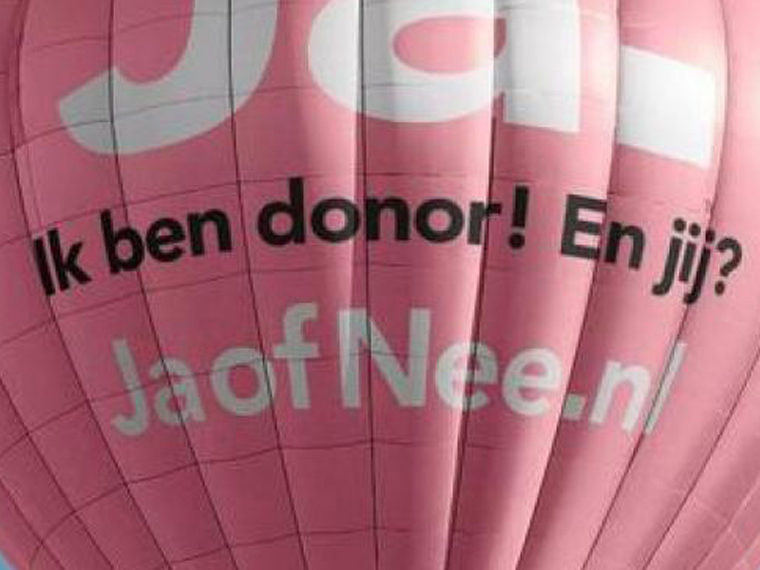The same gift, with a message on saving the recipient time, is more welcome
Time and money are essential quality-of-life factors often in short supply; so, it seems the giving of a gift that helps with either would be well received.
But research in the Journal of the Association for Consumer Research by UCLA Anderson’s Alice Lee-Yoon, a Ph.D. student, Ohio State University’s Grant E. Donnelly and Harvard’s Ashley V. Whillans suggests it isn’t so simple. A gift given with the explicit intention of helping someone who is perceived to be short on money makes the recipient feel crummier than if the gift were given as a time-saving gesture.
It can also trigger the recipient to feel a sense of social inferiority in the relationship with the giver. Yet givers are often unaware of this dynamic.
Opt In to the Review Monthly Email Update.
Lee-Yoon, Donnelly and Whillans explored gifting time versus money across five studies that involved more than 1,800 participants.
The researchers established that surprising and unique gifts were the most popular motivations for giving, followed by gifting to address time or money needs, which each rated as higher motivations than a desire to engender a closer relationship or improve the recipient’s opinion of the giver.
One’s lack of time is often the stuff of humblebrags, but lack of money is not. And so, a gift with an explicit message of “Hey, I know you’re strapped” can be a good intention gone bad.
In one study, 200 college students were told they were participating in a gift-giving study and asked to bestow an envelope on someone of their choosing that contained a $5.00 Starbucks gift card, a survey for the recipient to complete and a self-addressed stamped envelope to return the survey.
The gift card was visible in the sleeve of the envelope. Some givers saw that their recipient would read a message that said, “I know you’ve been stressed for time recently. I hope you’ll enjoy this gift card in hope that it will save you some time.” Other givers saw that their gift contained a similar message, but with “money” replacing “time.”
Asked their expectations for how the gift would be received, the gift givers gave responses that suggested no difference between the two messages.
That’s a blind spot.
Nearly half of recipients completed and returned the survey. Those receiving the “I want to save you some money” message reported a higher level of negative emotions and perceived a bigger (negative) status gap between themselves and the gift giver than did those given the “time” message.
In another experiment, more than 400 participants were asked to imagine that after a long day a friend stops by to drop off a meal from Chipotle. Some participants read that their friend says, “I know that you’ve been stressed for time lately. I thought I’d grab you some dinner, in hopes that it would save you some time.” Other participants read a similar message in which, once again, “money” replaced time.
On a scale of 1 to 7, where 7 denotes greater angst, recipients of the money message reported an average score of 5.5, compared to 3.3 when the message was about time. Feelings of inferiority accompanied the money-message angst, too.
Lee-Yoon, Donnelly and Whillans were also able to manipulate the level of money stress or time stress a participant was primed to think about in the Chipotle experiment. The greater the money stress, the higher the reported unhappiness with the gift and the greater the status differential perceived by the recipient. For participants fed different levels of time stress, there was no impact on their emotional response or their sense of inferiority to the giver.
How to avoid the unintended consequence of hurting someone by acknowledging their money stress? Simply give a gift without explicitly calling out the why of it. Especially when the need is greatest.
About the Research
Lee-Yoon, A., Donnelly, G.E., & Whillans, A.V. (2020). Overcoming resource scarcity: Consumers’ response to gifts intending to save time and money. Journal of the Association for Consumer Research. doi: 10.1086/709887






